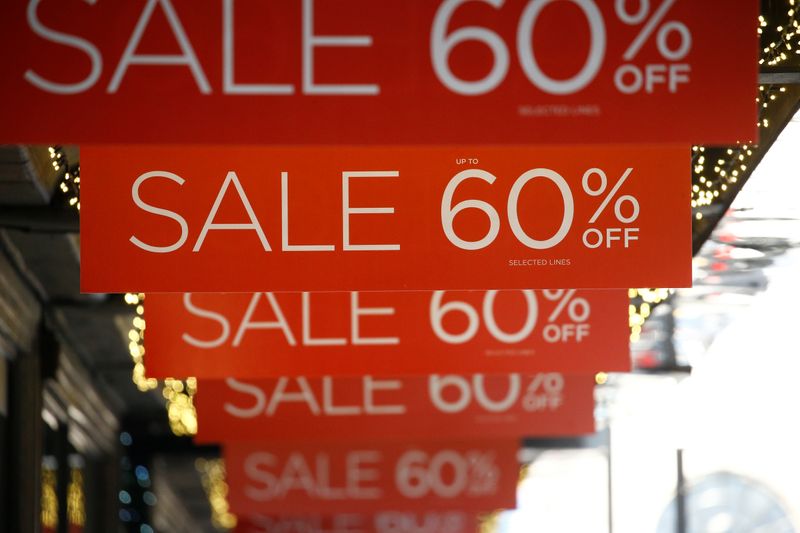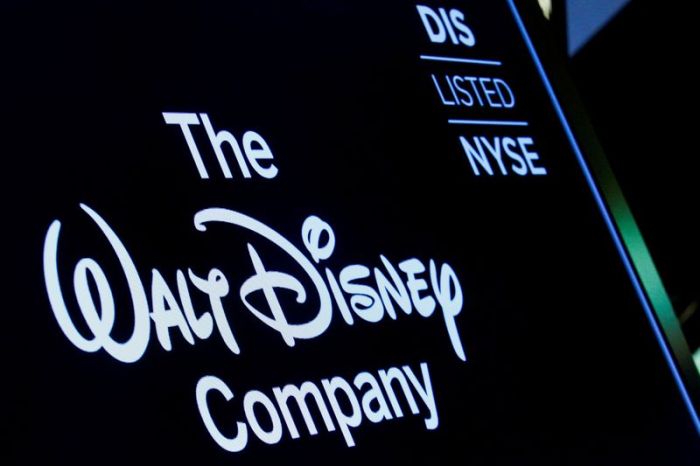LONDON (Reuters) – British discount retailer B&M has good stock availability heading into the Christmas trading season, having deliberately taken delivery of imported general merchandise earlier than normal, it said on Thursday.
The country’s retailers have been grappling with delays in international supply chains, compounded by labour shortages in the UK transport and warehousing networks.
But B&M, which sells everything from food to homewares, gardening and DIY products, said supply chains across the group remain robust.
“We have responded decisively to supply chain challenges by leveraging our strong supplier relationships and we have improved in-store execution,” said CEO Simon Arora.
“As a consequence, we are fully stocked heading into the golden quarter,” he added, referring to the peak trading period.
Prior to Thursday’s update, shares in B&M had risen more than 29% this year.
However, the shares were down 6.6% at 0836 GMT on Thursday after the company reported like-for-like sales at the core B&M UK business down 8.9% year on year in the first six weeks of its third quarter, reflecting “highly elevated” sales in the same period last year owing to unusually early Christmas trading.
The group, the full name of which is B&M European Value Retail, said revenue for the six months to Sept. 25 rose 1.2% to 2.27 billion pounds ($3.1 billion), with B&M UK’s like-for-like sales down 5%.
First-half group adjusted earnings before interest, tax, depreciation and amortisation (EBITDA) were 282.2 million pounds in the six months to Sept. 25, down 4.6%.
B&M is paying an interim dividend of 5 pence per share, up 16.3%.
“Like the retail sector as a whole, the group faces a number of potential cost headwinds and inflationary pressures heading into 2022 but considers itself well positioned to navigate these challenges,” the company said.
($1 = 0.7389 pounds)
(Reporting by James Davey; Editing by Kate Holton and David Goodman)

























